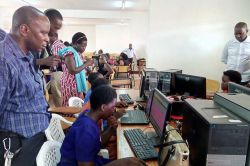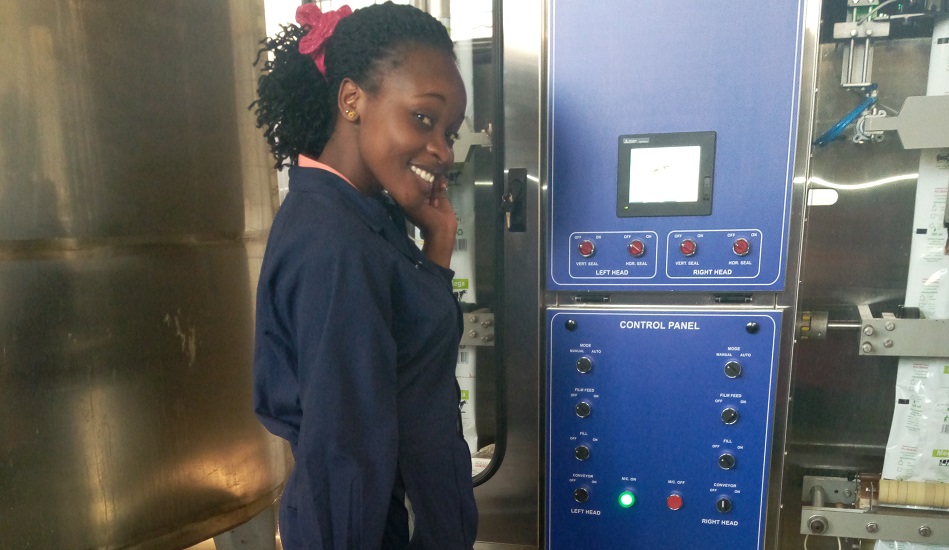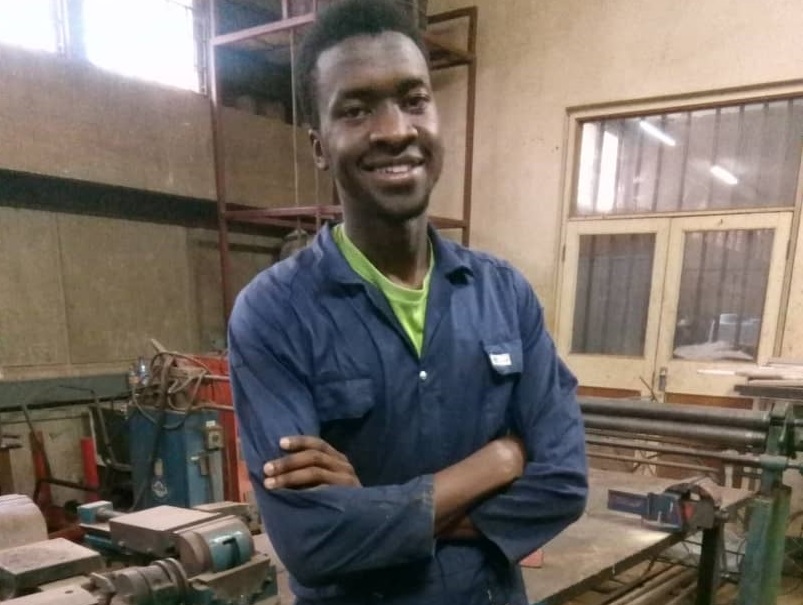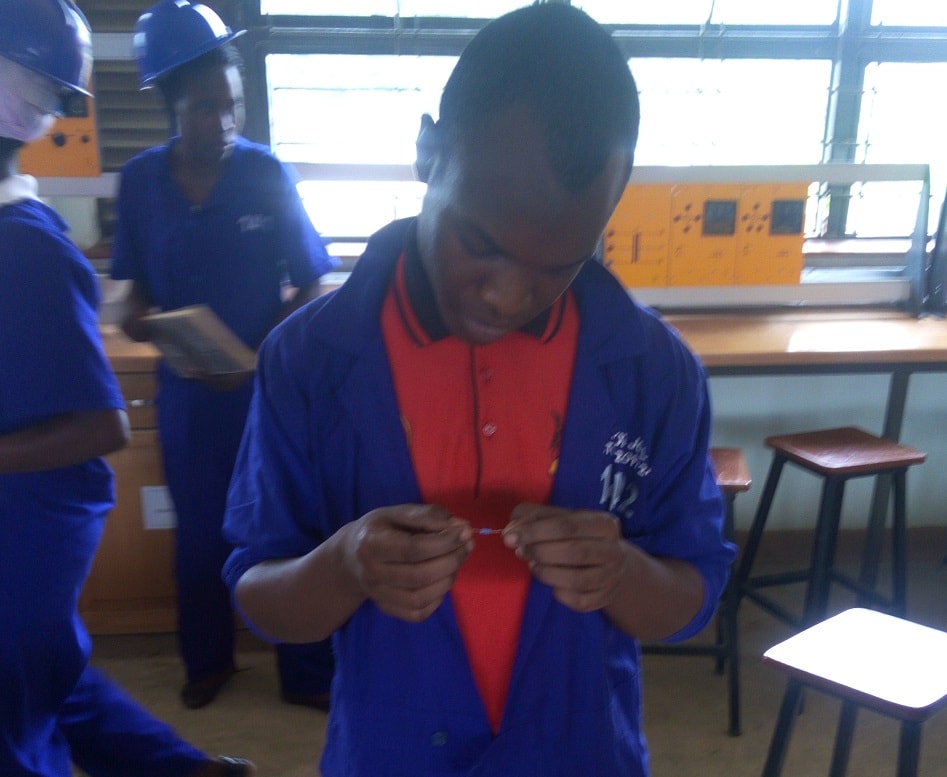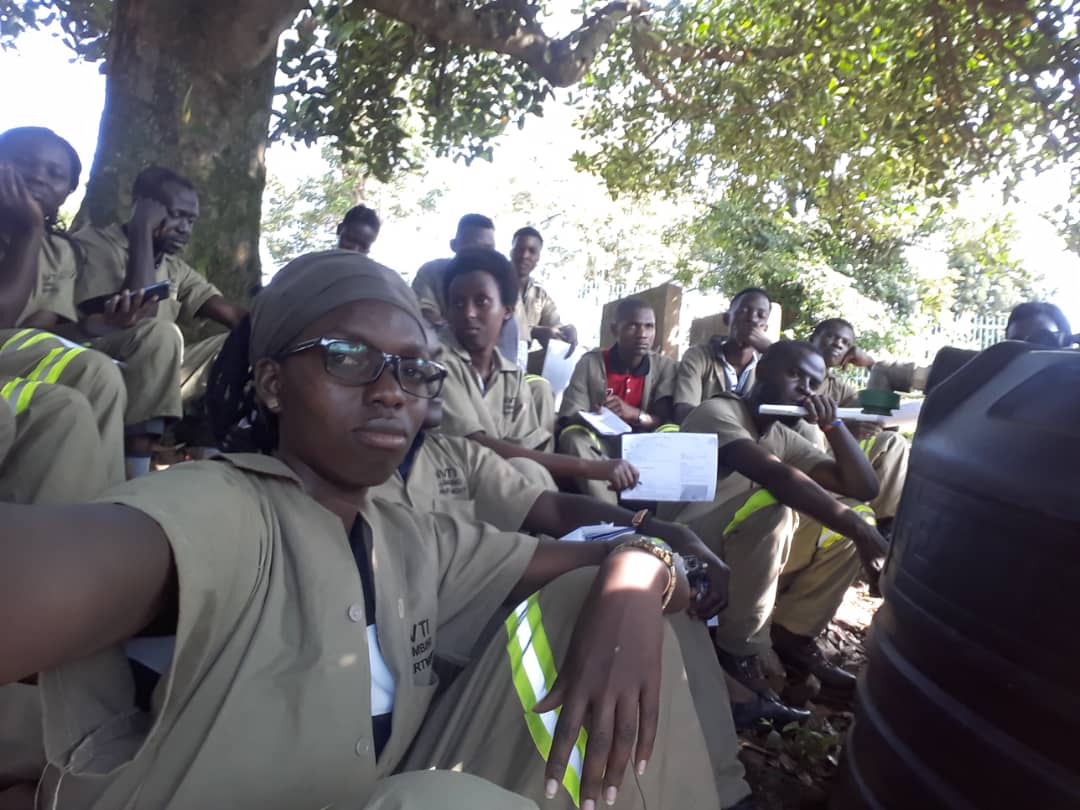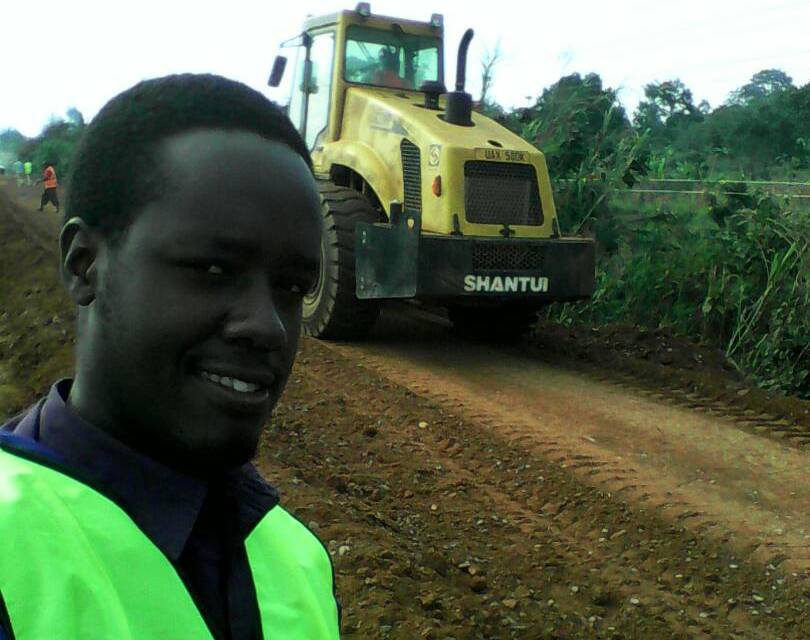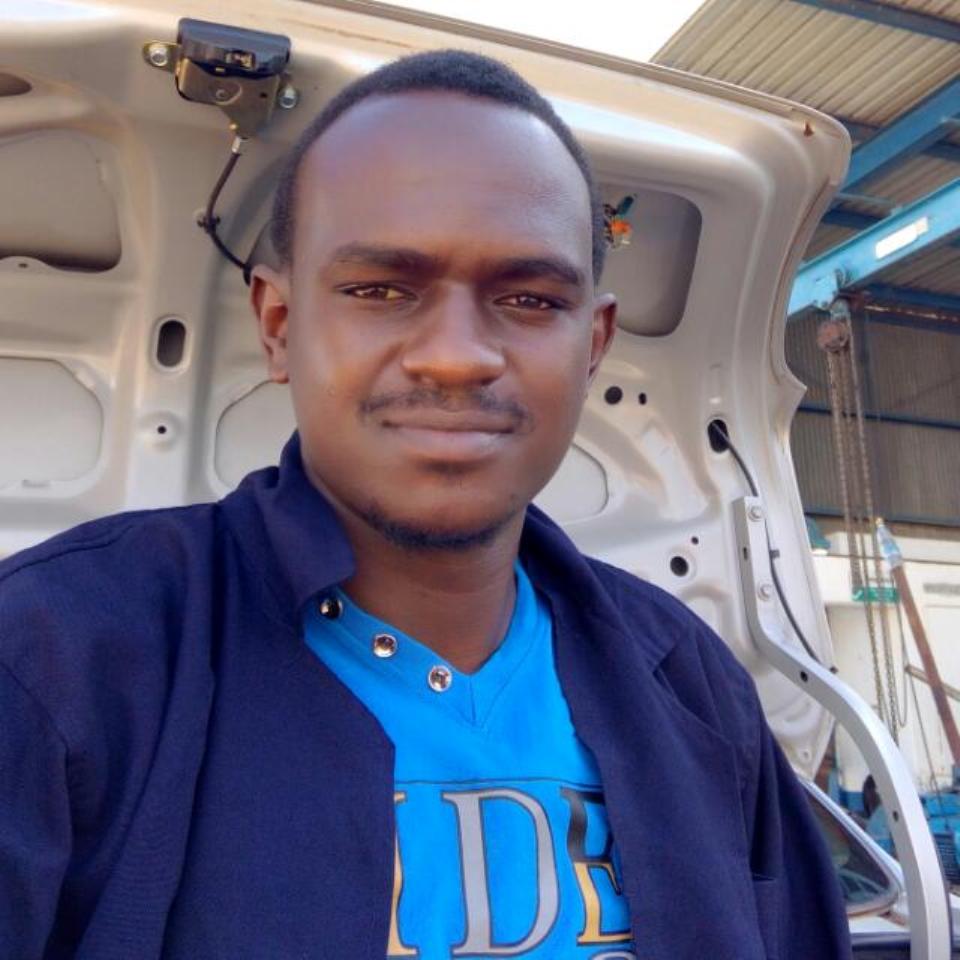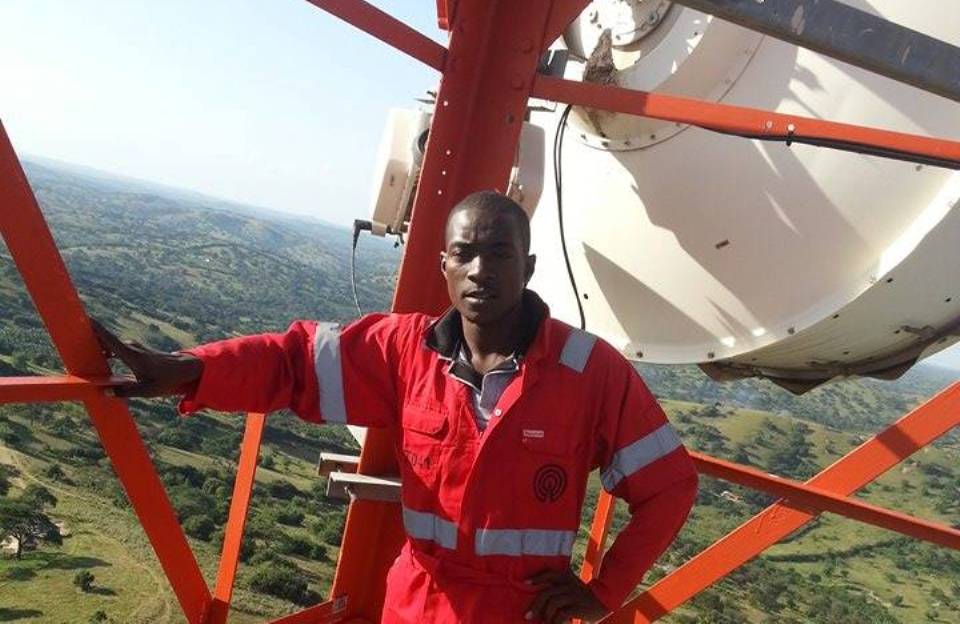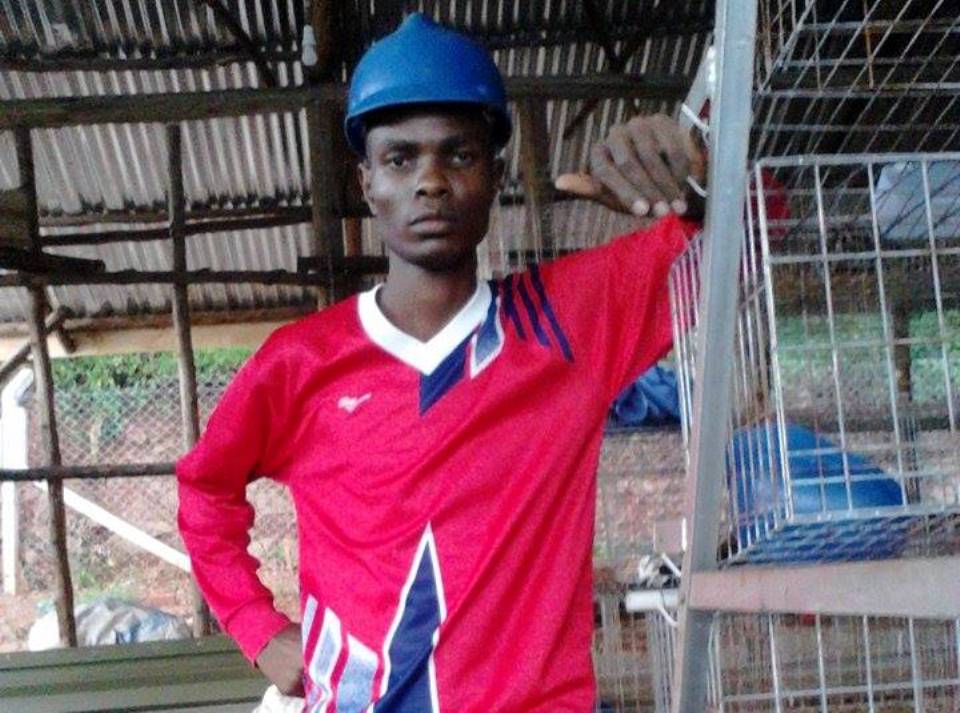Breaking News
- Flexible Remote Work Opportunity for University Students: Earn $100–$250 Per Month ...Read More
- Ministry of Education and Sports Azerbaijan Government Scholarships For 2025-2026 Academic Year ...Read More
- Government Sponsorship Undergraduate Admission Lists 2025-26 for Makerere University ...Read More
- Ministry of Education And Sports: Egyptian Government Scholarships 2025-2026 Academic Year ...Read More
- Ground Breaker Full Scholarship for girls to study Software Engineering 2025 July Intake ...Read More
- Tony Elumelu Foundation Entrepreneurship Programme (TEEP) 2025 for young African Entrepreneurs ...Read More
- DESIGNING FUTURES 2050 International Design Competition 2025 (€15,000 prize) ...Read More
- Ground Breaker Full time Scholarship for girls to study Software Engineering 2025 Intake ...Read More
- Ministry of Education And Sports Algerian Vocational Training Scholarships for 2024-2025 AY ...Read More
- Ministry of Education and Sports Advert for the Algerian Government Scholarships for 2024-2025 ...Read More
Meet Ivan Kibuka-Kiguli
Chief Executive Officer of Talk To My Car
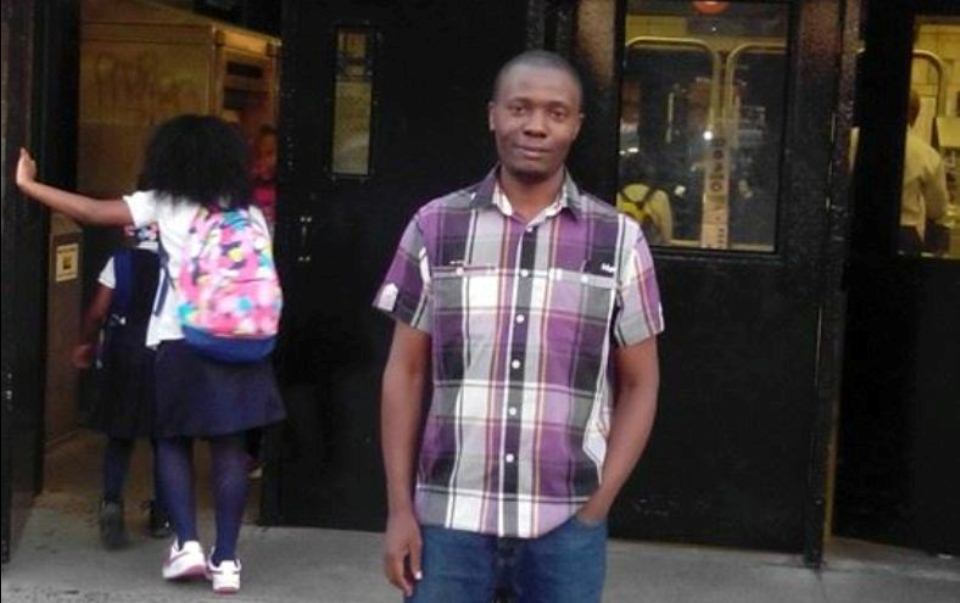
It is everyone's dream to own a car one day one time and in this country it is one of the measures of success. As convenient as cars can be, they sometimes get mechanical issues that need the services of well qualified personnel to fix.
In this world where there are technological advancements in every field, cars too are becoming more computerized than never before and so the skills of mechanics require upgrading to meet the servicing needs of today's modern car.
In order to provide you with timeless career guidance in the automotive field, We caught up with Mr Ivan Kibuka-Kiguli the C.E.O of Talk to my car, a vehicle diagnostic company and this is what we asked
Tell Us about your self ?
I started out with a Diploma in Civil Engineering. When I went to the UK, I discovered what I thought were more interesting variety of courses and did a Diploma in Innovation & Design, then a BSc.Technology and finally a Diploma in Pollution Control. Then I returned to Uganda and have since worked as an Environmental engineering consultant specializing in noise and air quality investigations and modeling. I started getting involved in vehicle diagnostics in my spare time 4 years ago.
Describe your typical day ?
My typical day at the garage will usually be a Saturday or a public holiday. I am at the garage quite early in the morning and make an assessment of the admitted cases. I tackle them in the order in which they were brought to the garage. For a few, which I think to be more interesting, I record and narrate my progress using my mobile phone.
I post the videos later on my channel (www.youtube.com/user/t2mcug). Often in the middle of the working day, I get interrupted by customers turning up with cars that need a quick investigation. I try to accommodate them. These days it is not unusual leaving the garage well after 9pm! The administrative aspects of the job are handled as need arises during the day.
A Day in the garage troubleshooting A 2006 Mercedes ML280
Why did you choose that career path?
It was almost accidental. A family vehicle was messed up by some mechanics who I later realized were playing guesswork with its electrics. I decided to find out for myself how it is done right. It has been a steep learning curve since.
What are your main tasks and responsibilities at work?
Mostly deep end vehicle diagnostics. I usually tackle the more challenging cases. Anything electrical that affects a car's engine, automatic transmission, ABS (Antilock Braking System) and SRS (Supplementary Restraint System) proper functionality grabs my attention.
I rarely handle accessories like radios, windows, wipers, etc except in an advisory role. I usually do not handle the fixes. I just trace where the problems lie and some one else makes the fix.
I have recently found myself more and more in a consulting role and plan to offer tutorials to automotive engineering graduates to share what I have learnt. That is why I started the Youtube channel.
What are your main challenges ?
Quite a few. I get a lot of botched repair attempt cases from other garages. There is severe lack of automotive diagnostic knowledge on the Ugandan market - mostly in the tree shade garages but surprisingly also from what you may think are reputable garages. I can understand that access to correct manufacturer repair information is very challenging but even then most mechanics are not in the habit of reading anything after they start out in the business.
Most tackle each repair using previous experience to guide them. Unfortunately the fast pace at which electronics are being introduced in cars are is not kind to such methods. Starting and staying in the industry is actually expensive because it requires expensive tools, equipment and diagnostic information sources that always require to be updated.
Sometimes customers expect you to come up with some kind of magic to resurrect a car that they or their previous garage has mishandled. Often, more than 90% of the cost of your bill to the customer is in purchasing the required spares but he/she thinks you are trying to save for a holiday to Hawaii out of his wallet.
What particular skills do you bring to your workplace ?
A logical, systematic approach to troubleshooting engineered systems based on evidence, not assumptions. It saves everyone a lot of frustration, down time and money to research and educate one's self about how a system works before throwing wild guesses at how to fix it.
What's cool about your job ?
The satisfaction you get with each confirmed fix (not hack).
What's not cool about your job ?
Mechanics who aim the spare parts canon at a vehicle, guessing fixes and costing the customer a ton of money.
How did you get into your current job ?
I am four years into it now. I started it as a hobby but it is consuming more and more of my time now - and money in equipment.
What subjects did you take in school and how have they influenced your career path ?
I was a generalist at 'O' level like everyone else but did Physics, Chemistry and Mathematics at 'A' level. I always wanted to be a pilot as a kid but that dream evaporated as I grew up because of the expense implications for my family. I settled for Engineering.
What is your Education to date?
Bachelor of Science in Technology and a Post Graduate Diploma in Pollution Control.
What aspects of your Education System have proven most important for your job?
I had a good grounding in the Ugandan education system but I guess my exposure to a British education and environment in the later stages shaped my work ethic.
What trends are you seeing in your career field?
Vehicle repair is going to get more complex and automated. Telematic systems are now getting installed in cars that tell the manufacturer so many things about the car in real time.
We now even have self-driving vehicles so I will leave you to imagine by how much automotive repair will change in the next 10-20 years. One thing is for certain. The tree shade mechanic will be history.
What are the most important personal characteristics required for the job?
The willingness to learn new things almost on every repair you handle. Experience is very important in this industry but you will not get very far without informing yourself enough about the new technologies coming out every day.
Which key people influenced your career direction ?
My dad is a Microbiologist and still teaches medical students. He inspired me in the science direction but my late mom who was a Lawyer did a lot to mentor me with regards to ethics.
What is your dream job?
To be an Engineering consultant and I have achieved that to some level. I just need further and more challenging exposure.
What have been the most rewarding events in your career so far?
It is difficult to single out any particular one because I feel rewarded with each successful fix/repair and I now have many under the belt.
As a student, how did you cope up with the pressure to succeed / excel in class?
The fear of failing my parents and the level of academic competition in the schools they took me naturally ignited my desire to succeed. That enabled me to focus.
What advise would you give someone considering this job?
Approach this career with a very open mind and come ready for a life time of learning.
What outside class activities did you engage in that have proved beneficial on your career path (eg clubs, sports etc) ?
I played Chess and I was good at athletics and cycling but didn't particularly shine in any of them.
What kind of work experience would provide a good background for this position?
Automotive, Electrical, Mechanical and Telecommunications engineering would be a good start but people from other backgrounds can also excel as long as they are willing to continually learn. I started in the Civil engineering industry, took a turn into environmental engineering and now find myself able to figure out automotive electronics.
Any Concluding remarks
Thank you for giving me an opportunity to share what I know. I am willing to mentor any student interested in venturing into vehicle diagnostics.















